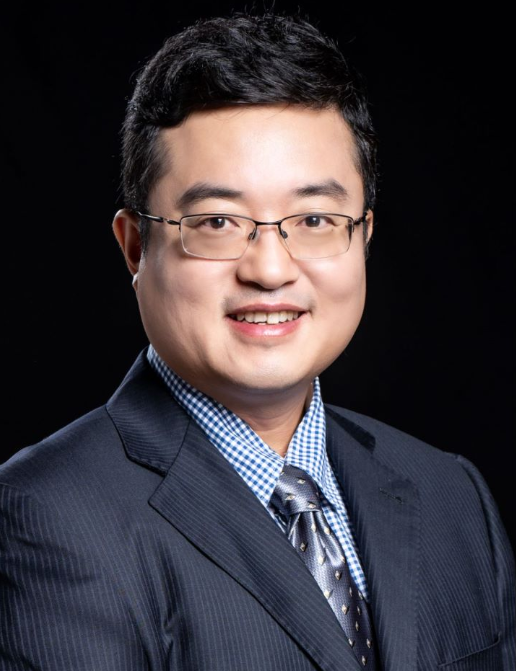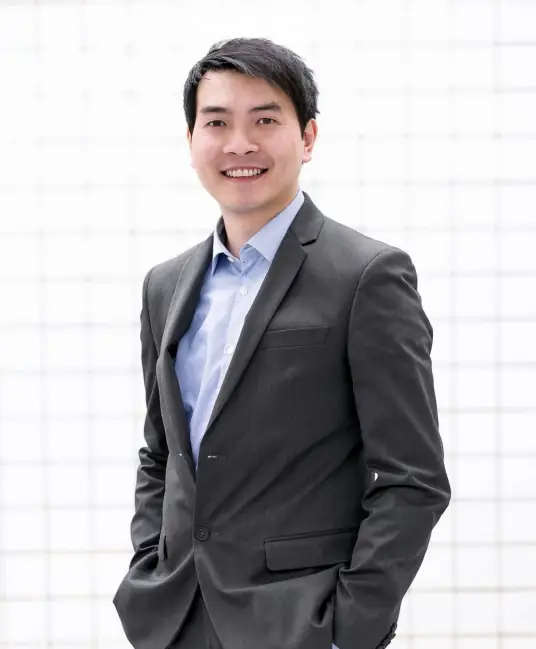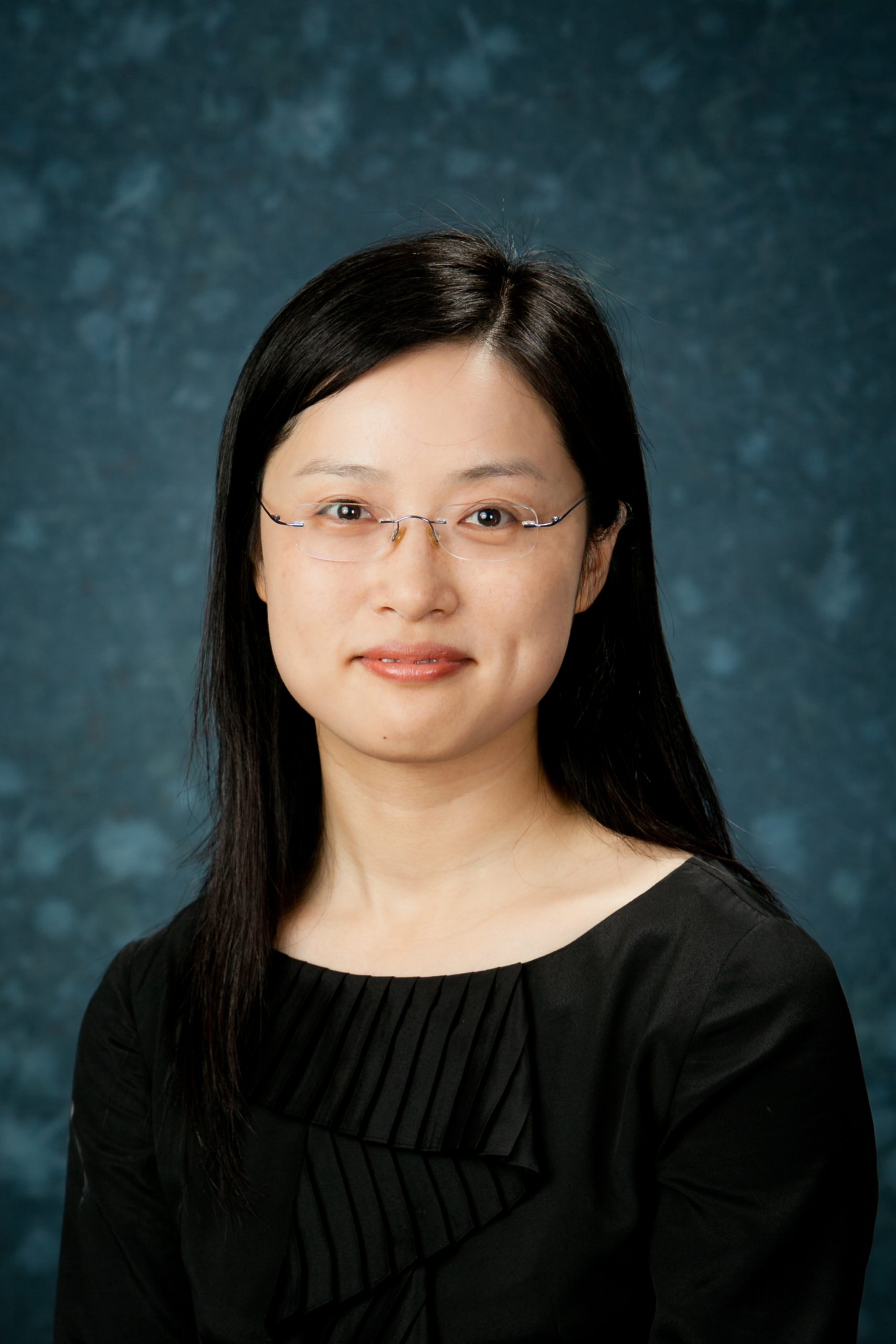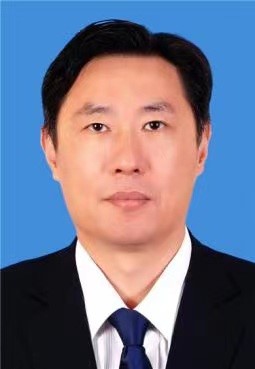
Keynote Speaker
| Prof. Rui Zhang, Principal’s Diligence Chair Professor, The Chinese University of Hong Kong, Shenzhen & Professor, National University of SingaporeIEEE Fellow, Fellow of the Academy of Engineering SingaporeDr. Rui Zhang received the B.Eng. (first-class Hons.) and M.Eng. degrees from National University of Singapore and the Ph.D. degree from Stanford University, all in electrical engineering. He is now a Principal’s Diligence Chair Professor in School of Science and Engineering and Shenzhen Research Institute of Big Data, The Chinese University of Hong Kong, Shenzhen. He is also a Professor with the Department of Electrical and Computer Engineering, National University of Singapore. His current research interests include wireless power transfer, UAV/satellite communications, intelligent reflecting surface (IRS) and reconfigurable MIMO systems. He has published over 600 papers, which have been cited more than 100,000 times with the h-index over 140 (Google Scholar). He has been listed as a Highly Cited Researcher by Thomson Reuters / Clarivate Analytics since 2015. He was the recipient of the IEEE Communications Society Asia-Pacific Region Best Young Researcher Award in 2011, the Young Researcher Award of National University of Singapore in 2015, the Recognition Award of WTC, SPCC and TCCN Technical Committees of the IEEE Communications Society in 2020, 2021 and 2023, respectively. He received 18 IEEE Best Journal Paper Awards, including the IEEE Marconi Prize Paper Award in Wireless Communications (twice), the IEEE Communications Society Heinrich Hertz Prize Paper Award (thrice), the IEEE Communications Society Stephen O. Rice Prize, the IEEE Signal Processing Society Best Paper Award, etc. He has served as an Editor for several IEEE journals, including TWC, TCOM, JSAC, TSP, etc., and as TPC co-chair or organizing committee member for over 30 international conferences. He served as an IEEE Distinguished Lecturer of IEEE Communications Society and IEEE Signal Processing Society. He is a Fellow of IEEE and the Academy of Engineering Singapore. Title: 6D Movable Antenna (6DMA) Empowered Wireless Network: The Road to 6G Abstract: Six-dimensional movable antenna (6DMA) has been recently proposed as an innovative and transformative technology for future wireless networks such as 6G. 6DMA offers unprecedented flexibility and reconfigurability in antenna 3D position and 3D rotation/orientation, fundamentally improving antenna agility and adaptability and thereby enhancing wireless communication and sensing performance. In this talk, we introduce 6DMA fundamentals including its motivations, signal and channel models, and performance advantages as compared to existing MIMO technologies. We then address the main design challenges for 6DMA-aided wireless networks, including antenna position-rotation joint optimization and 3D channel acquisition. Various new applications of 6DMA in wireless networks such as partially-movable 6DMA, polarized 6DMA, cell-free 6DMA, passive 6DMA, as well as 6DMA-enhanced wireless sensing are also highlighted. Moreover, we present recent prototyping and experiment results to validate 6DMA performance under realistic channel settings. Finally, we conclude the talk and point out promising directions for future research. |
Prof. Kai-Kit Wong, Chair Professor of Wireless Communications, University College London, UK(Kit) Kai-Kit Wong was born in Hong Kong and received the BEng, the MPhil, and the PhD degrees, all in Electrical and Electronic Engineering, from the Hong Kong University of Science and Technology, Hong Kong, in 1996, 1998, and 2001, respectively. He is Chair Professor of Wireless Communications at the Department of Electronic and Electrical Engineering, University College London after taking appointments at University of Hong Kong and University of Hull and visiting positions at Lucent Technologies, Bell Labs and Stanford University. His current research centers around 6G and beyond mobile communications. He is one of the early researchers who proposed multiuser MIMO. His first paper on multiuser MIMO was published in WCNC 2000 which appeared to be the first ever research paper on this topic. He is Fellow of IEEE and IET. He served as the Editor-in-Chief for IEEE Wireless Communications Letters between 2020 and 2023. Title: Fluid Antenna System (FAS): Redefining Reconfigurable Wireless Communications Abstract: As the late Bruce Lee famously said, ‘Be water, my friend,’ emphasizing the power of adaptability in combat. On a broader scale, this philosophy resonates deeply with the ongoing advancements in reconfigurable antennas, which offer unparalleled flexibility to enhance wireless communications. In recent years, a groundbreaking concept known as the Fluid Antenna System (FAS) has emerged, pushing the boundaries of reconfigurable antenna technology. FAS introduces unprecedented adaptability in both shape and position, not only adding a new degree of freedom to the physical layer but also unlocking high-resolution signal access in the spatial domain—a capability that revolutionizes multiple access techniques. This talk explores how FAS transforms spatial-domain multiple access. We will conclude by showing experimental results, demonstrating how this innovative approach paves the way for smarter, more adaptable wireless communication networks, making next-generation systems more efficient and resilient. |
|
| Prof. Angela Yingjun Zhang, The Chinese University of Hong KongIEEE Fellow, IET FellowAngela Yingjun Zhang is currently a Professor at Department of Information Engineering, the Chinese University of Hong Kong. She received my PhD degree from the Department of Electrical and Electronic Engineering, the Hong Kong University of Science and Technology. She is a Fellow of The Institute of Electrical and Electronics Engineers (IEEE), and The Institution of Engineering and Technology (IET). Her current research interests focus on optimization and learning in 5G and 6G wireless communication systems. She has served as a Member-at-Large of IEEE ComSoc Board of Governors, the Chair of the Steering Committee of IEEE Wireless Communications Letters, and a member of the Steering Committees of IEEE Transactions on Mobile Computing, and IEEE SmartgridComm Conference. Previously, she also served as the Editor-in-Chief of IEEE Open Journal of the Communications Society, a member of the IEEE ComSoc Fellow Evaluation Standing Committee, the Chair of the Executive Editor Committee of IEEE Transactions on Wireless Communications. She has been on the Organizing Committees of many top conferences, including IEEE GLOBECOM, ICC, VTC, SmartGridComm, ICCC, etc. She was the Founding Chair of IEEE ComSoc Technical Committee of Smart Grid Communications, a Co-Chair of IEEE ComSoc Multimedia Communications Technical Committee, Interest Group of Wireless Technology for Multimedia Communications, and the Founding Chair of IEEE ComSoc Graduate Of the Last Decade (GOLD) Committee. She served as an IEEE ComSoc Distinguished Lecturer in 2018-2021. She is a co-recipient of 2021 and 2014 IEEE Comsoc Asia Pacific Outstanding Paper Awards, 2013 IEEE SmartGridComm Best Paper Award, 2011 IEEE Marconi Prize Paper Award on Wireless Communications, and a recipient of 2011 Young Researcher Award of The Chinese University of Hong Kong. As the only winner from Engineering Science, she won the Hong Kong Young Scientist Award 2006, conferred by the Hong Kong Institution of Science. Title: AI-Native Wireless Systems: Bridging Data-Driven Intelligence and Physical Models Abstract: This talk explores the convergence of artificial intelligence and wireless system design. We show how AI-driven statistical approaches can be seamlessly incorporated into traditional wireless system architectures, bridging the gap between data-driven approaches and conventional communication theory. We take two applications as examples: First, we demonstrate how the statistical characterization of feature distributions can be integrated into MIMO transceiver design in task-oriented communications, ensuring high inference accuracy in hostile communication environments. Second, we discuss how score-based generative models (i.e., diffusion models) can be leveraged to solve inverse problems arising from communication systems. When combined with message passing algorithms, we show that distributional information estimated by score-based networks can significantly enhance iterative decoding and estimation performance. |
Prof. Jiangang Lu, Deputy General Manager and Chief Engineer at Guangdong Power Grid, Strategic Technical Expert , Professor at Tianjin UniversityMaster of Engineering, Professor-level senior engineer, and enterprise mentor for engineering doctors at Tianjin UniversityLu Jiangang is currently the Deputy General Manager and Chief Engineer at the Power Dispatching and Control Center of Guangdong Power Grid, and a Strategic Technical Expert at China Southern Power Grid. He holds a Master's degree in Engineering and is a Professor-level Senior Engineer. Additionally, he serves as an Enterprise Mentor for Engineering Doctoral students at Tianjin University. Professionally, Lu Jiangang is the Deputy Director of the Committee on Active Distribution Networks and Distributed Power Sources of the Chinese Electrotechnical Society. He is also a member of the National Technical Committee for Power System Operation and Control Standardization, the Expert Working Committee on Electric Power Information and Communication of the China Electricity Council, and the Committee on Power System Automation of the Chinese Society for Electrical Engineering. Furthermore, he is the Director of the Communication Committee of the Guangdong Electrical Engineering Society. He has led and participated in more than 10 national and provincial key R&D projects as well as key scientific and technological projects of China Southern Power Grid. These include projects such as "Key Technologies of Digital Power Grid," "Key Technologies of Smart Grid Integrated with 5G: Research and Demonstration Application," and "End-to-End Key Technologies of Smart Grid Integrated with 5G: System Development and Demonstration Verification." In the past five years, he has received over 30 provincial and ministerial-level science and technology awards. Among these, he has been awarded two First Prizes of the China Electric Power Science and Technology Award, two Grand Prizes of the China Electric Power Innovation Award, and three First Prizes of the China Southern Power Grid Science and Technology Award. He holds more than 30 authorized invention patents and has published over 30 papers, with more than 20 indexed by SCI/EI. In 2020, he was honored as an Outstanding Science and Technology Worker by the China Electric Power Science and Technology Award. Title: IPv6+ Innovation on New Generation Power Data Network Abstract: This talk explores the innovative application of IPv6+ technology in power data networks. As the next-generation IP network architecture, IPv6+ offers abundant address resources, granular security, and flexible network management for the 5G and cloud computing era. The presentation focuses on the standardization and technological innovation of IPv6+ power data networks, including the application of SRv6 in traffic optimization, network perception, and fine-grained control, as well as SDN-based resource orchestration and disaster recovery capabilities. Case studies demonstrate the significant advantages of IPv6+ in enhancing the flexibility, reliability, and intelligent management of power data networks. |
|



